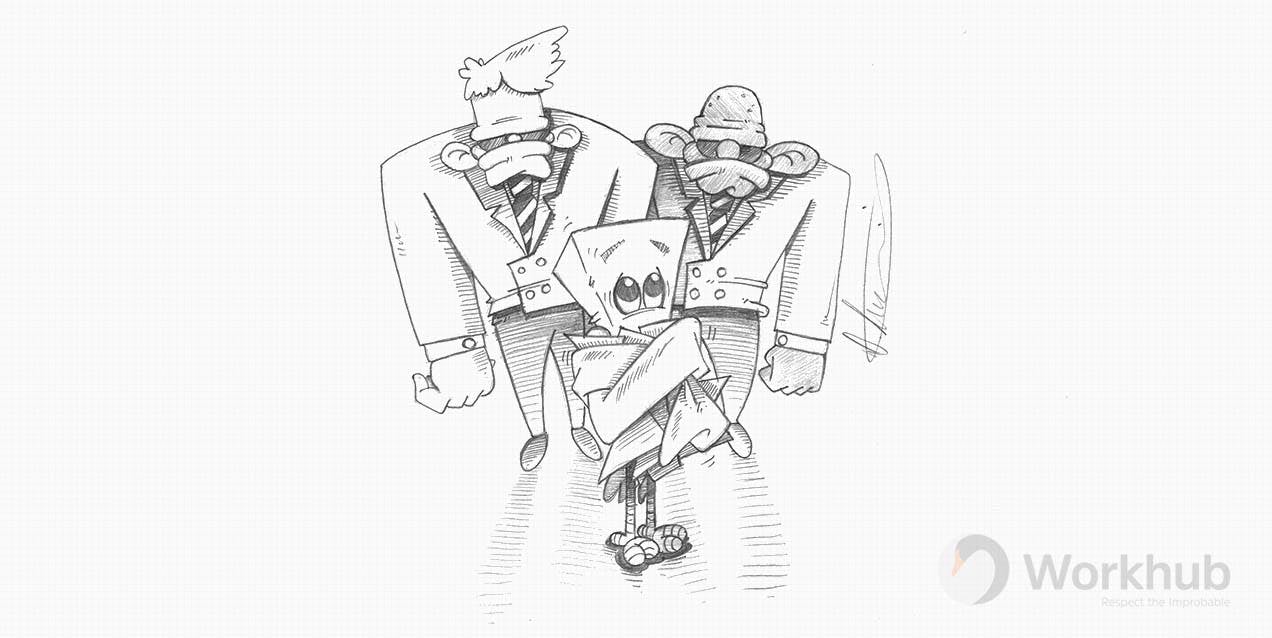
What is Whistleblowing?
Whistleblowing is a term that we hear a lot in the media these days. A whistleblower is a person (generally an employee), who discloses to the public some sort of wrongdoing, dangerous or illegal activity in a public or private organization. This can include health and safety risks, environmental issues, fraud, corruption, issues regarding people in the vulnerable sector or the deliberate concealing of important information. A whistleblowing policy provides the opportunity for investigation and actions to be taken to put a stop to or prevent any wrongdoing or dangerous situations before they happen.
Whistleblowing can be seen as a last resort when an employee feels it is either unsafe to speak up or they have tried to speak but no one has heard them. For example, let’s say an employee at a large organization is made aware of a health and safety risk or malpractice that could put employees or clients at risk. If the employee is comfortable, they should first raise concerns with their supervisor, manager, or HR department. However, if an employee feels it is unsafe to speak with management about the issue, it is possible to report it anonymously.
If a worker feels that they have been treated unfairly due to whistleblowing, it’s important to keep a record of events, including when and how an employee has been treated unfairly, in case it is needed as evidence later.
Benefits of a whistleblower policy
There are numerous benefits to implementing a whistleblowing policy, that can help to protect an organization, its employees and its clients.
It’s ethical. It protects employees and clients from potentially dangerous situations and provides an anonymous channel for reporting any form of misconduct.
It acts as a safeguard. It can help an organization to prevent future legal issues or financial losses.
Prevents misconduct or fraudulent activities. When employees are aware of an organization’s whistleblower policy, they are less likely to think they can get away with engaging in misconduct or fraudulent activities. Having a policy also encourages workers to report wrongdoing, so that steps can be taken to solve a potential problem before things get out of hand.
Fosters trust and transparency. When a policy is well communicated and equally accessible to all employees, it creates trust and transparency by helping employees to feel that their voice and wellbeing are valued in an organization.
Inhibits damage to reputation. A whistleblower policy offers a safe method for individuals to disclose information discretely and internally within the organization. This prevents the possibility of retaliation or that information going public and being released outside of the organization, which can sometimes happen if an individual feels too afraid to come forward internally.
Offers a detailed report. It provides comprehensive insight into a company’s issues, allowing for further investigation and changes to be implemented.
Developing a policy
Ensure that your company has a whistleblowing policy. Whistleblowing offers a safe and confidential option for employees to voice their concerns. Concerns should be treated seriously and investigated. Make sure the policy clearly communicates how employees can submit a report.
Reportable issues. Specify what types of issues should get reported. Provide examples relevant to your company, which could include various types of fraud, harassment, unfair treatment, bullying or illegal activities.
Duty to report. Make it clear that it is an employee’s duty to report any form of misconduct that they see or are made aware of it, even if the misconduct does not directly involve them.
Anonymous reporting. Make sure employees are aware that they have the option to report anonymously and that there are channels set up at your company to do so. Some examples of this would be an anonymous phone line or software that includes an anonymous whistleblower component, such as the one Workhub offers. Communicating anonymously helps to protect the privacy of a whistleblower but allows for any employees who may have been involved in wrongdoing but wish to own up to their actions, an opportunity to do so.
Assure protection. A portion of the whistleblower policy should include a section on retaliation or mistreatment of fellow colleagues who have blown the whistle. Clearly communicate that it is unacceptable and that there will be serious consequences for any employee who chooses to disobey this policy, including possible termination.
How to encourage whistleblowing at your organization
Get support from management, beginning with the CEO. Communicate the policy to employees. Let them know that your organization is committed to ethical behavior. Show them that their voice matters and the company is listening. This can be done through company newsletters, HR focused bulletin boards or publicly at meetings in speeches to employees. Congratulate and offer incentives to employees who bring unethical behaviors to the table for discussion.
In conclusion, a whistleblower policy is essential to any private or public organization. Having a policy implemented helps to create a safe place for employees and clients alike. A well communicated policy can save your company from a whole bunch of trouble down the road, including legal issues and financial loss. Workhub’s whistleblower component is a great way to get started with implementing a whistleblower policy at your company.
Workhub provides a complete health and safety compliance software that allows easy management of training, procedures, policies, inspections, and more, centralized in one easy-to-use hub.
Still have questions?
Let our knowledgeable sales team give you a full product tour and answer any specific questions you may have.
Workhub Internal